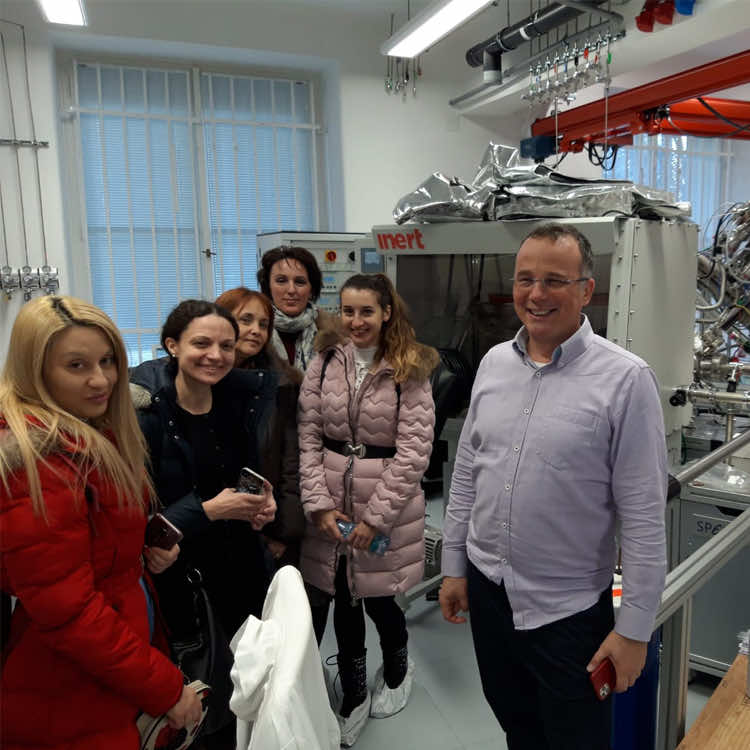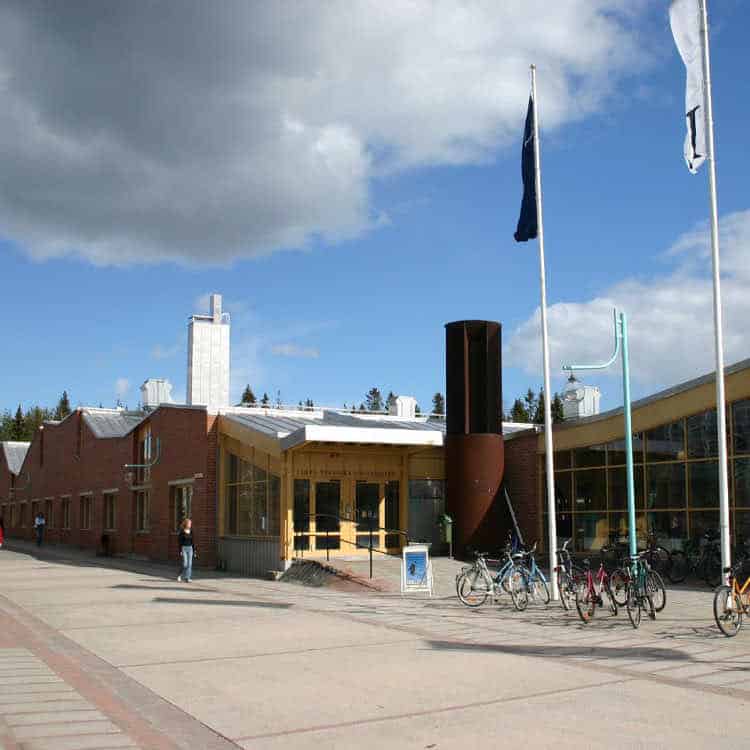All Environmental Engineering
The best way to preserve a clean environment is not to pollute it at all. The second best is to manage and mitigate the inevitable pollution; this is the domain of environmental engineering.Some subfields of environmental engineering include water quality, hazardous waste management, recycling, coastal protection, and air quality engineering. All of these require significant knowledge of chemistry, ecology, geology, biology, and hydrology. In addition, environmental engineers have to study soil mechanics, civil engineering, economics, and sustainable development. Environmental engineering students tend to have a love for nature, an interest in science and technical subjects, as well as a desire to “do stuff” and make a visible difference in the world. They not only help to protect vulnerable ecosystems, but promote the health and well-being of society as a whole, including from large-scale threats like climate change.Germany, the United Kingdom, France and Switzerland are all host to respected environmental engineering programs presented in English. Many offer these up to master’s or doctorate level.




















